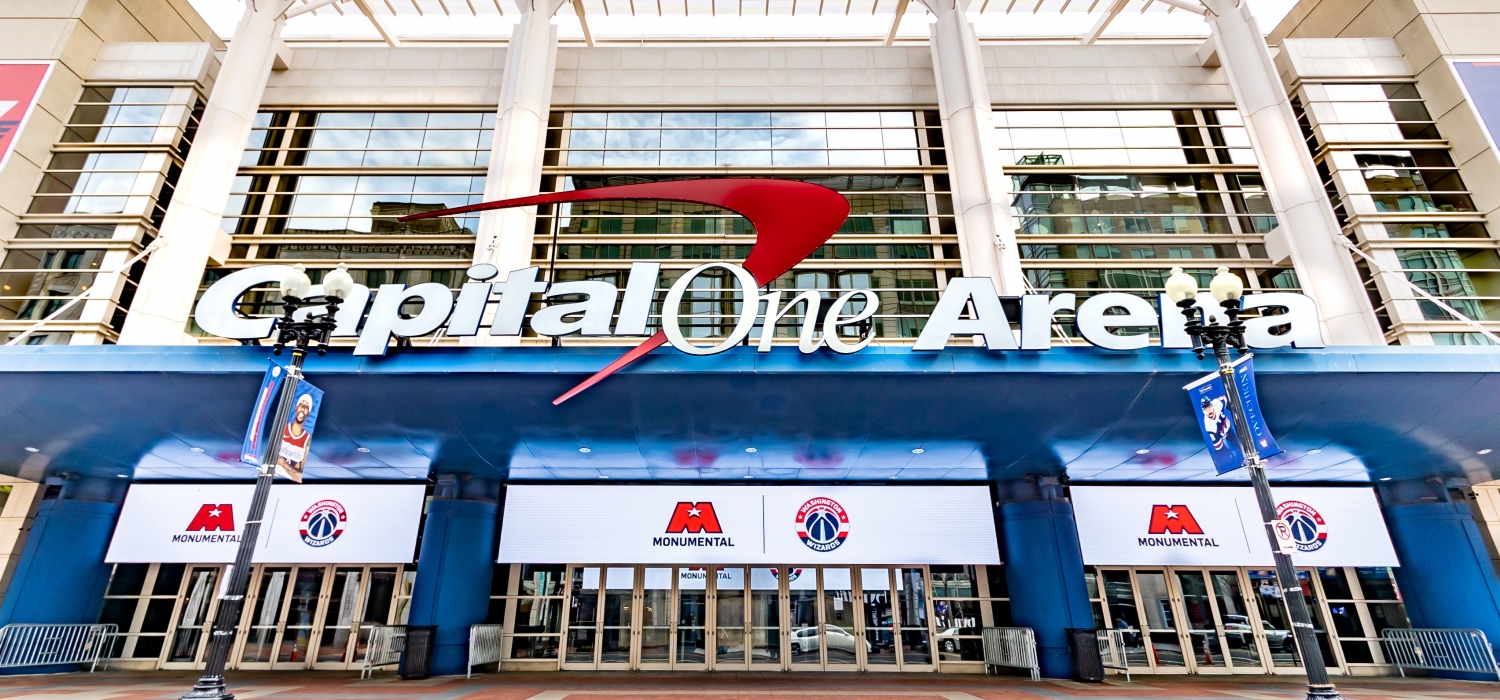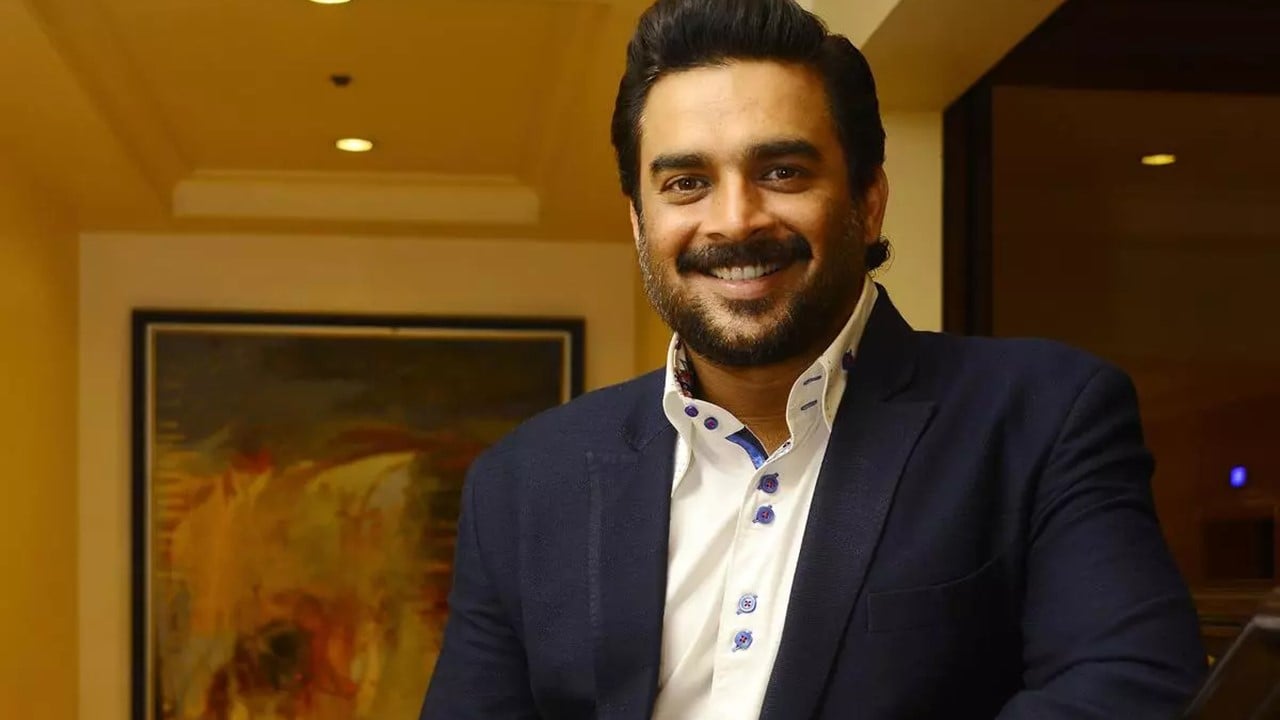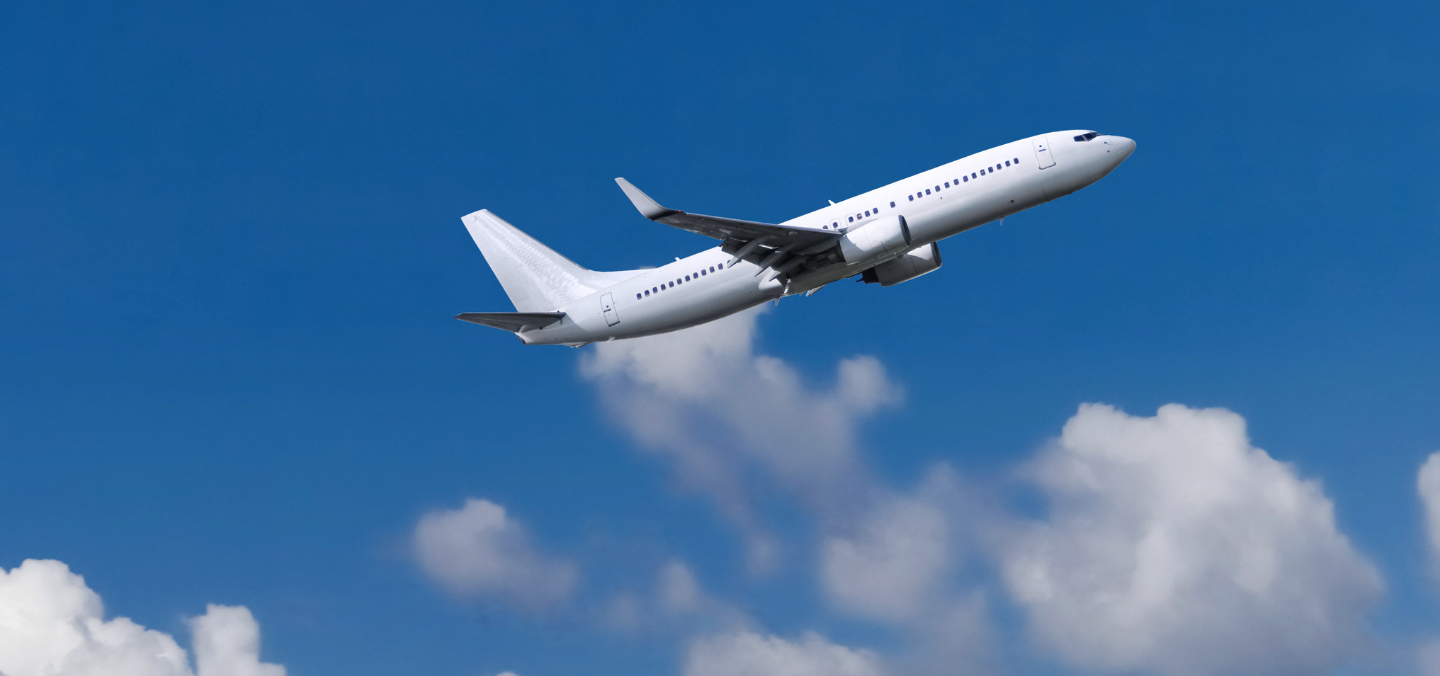Monumental Sports CEO Ted Leonsis, owner of the Capitals and Wizards, recently joined Virginia Gov. Glenn Youngkin (R) to unveil their economic development plan for Alexandria, Virginia: a gigantic sports and entertainment playground anchored by a new arena for the NBA and NHL sports franchises now playing in the nation’s capital. As usual, their talk centered around the potential for new jobs and investments. Unfortunately, the many policy problems this could create haven’t really been discussed.
Notably, this is not simply about revisiting the well-worn debate on subsidies for professional sports. This plan could possibly disrupt the local job market, public transportation, and commercial real estate, and leave the entire DC region worse off than before.
Reconfiguring, not growing, the local economy
Place-based tax breaks and public subsidies are always controversial with economists but popular with politicians, who, notwithstanding the evidence, view them as bringing jobs to their communities. But both agree that if you have high local unemployment, vacant office buildings, and unused infrastructure, securing a large private-sector investment is a worthy goal.
Alexandria suffers from none of these problems. Given its proximity to DC, it is already an attractive location to do business. (Remember, Amazon just moved there.) Median incomes and home values are well above national averages.
And the reason for the area’s economic strength isn’t a secret. Whether it’s federal employees themselves or the many, many contractors handling farmed-out tasks, the federal government is the engine of the local economy in DC and the Virginia and Maryland suburbs.
So, what is the policy goal for bringing sports teams to Alexandria? A press release from the governor’s office talks about the potential to build an entertainment hub (with a concert venue and convention center) that attracts both commerce and talent.
“Joining National Landing as part of Potomac Yard, the Entertainment District will be adjacent to the Virginia Tech Innovation Campus and near Amazon HQ2, creating opportunities for unique partnerships between [Monumental Sports] and Virginia Tech focused on entrepreneurship, sports analytics, immersive technologies, and innovative new business and media strategies,” the release says.
To say this more bluntly, they want to take a sector of regional economic activity that currently exists in DC and simply shift it to the Virginia suburbs.
Local economic inefficiency could make this a boondoggle
That could prove to be a small win for Virginia, a huge loss for DC, and a problem for the region.
The current Wizards and Capitals arena sits in downtown DC, right on top of a subway stop and near others that let fans arrive from and depart to any direction they want. A variety of restaurants and bars also surround the venue. It’s a hub that can accommodate large groups and big events throughout the year.
The future site in Alexandria is an empty lot. You cannot fill that empty suburban lot with economic activity without siphoning off from the city’s current entertainment district.
The new Alexandria site would also compete with another suburban entertainment hub just a few miles down the river: National Harbor, Maryland. There, you can gamble or catch a concert at the MGM casino. National Harbor also houses a large convention center for the many conferences that come to the area.
Economic development does not produce new benefits if the project just cannibalizes existing local economic activity.
Plus, how will fans get to the new arena? The Virginia suburbs are already notorious for bad traffic, and while the current arena is at the heart of the Washington Metro Area Transit Authority’s (WMATA’s) system, the new site is at the bottom of one of the system’s spokes. Complicating all of this is WMATA’s latest budget projecting dramatic cuts to service. Does Virginia plan to spend on WMATA after spending so much to get these sports teams?
To be clear, there are real challenges at the current site in DC. Remote work has reduced activity at nearby shops and eateries, and many (including Leonsis) worry about increased in crime in the area. And Virginia’s economy isn’t perfect. State population growth has slowed, and Alexandria has seen a decline in residents. But moving sports teams will exacerbate DC’s problems without solving Virginia’s.
The Washington region needs teamwork. It needs multiple governments making investments in transportation and housing and leveraging existing systems and strengths. Stealing the ball, or teams, from your neighbors isn’t a recipe for success.




